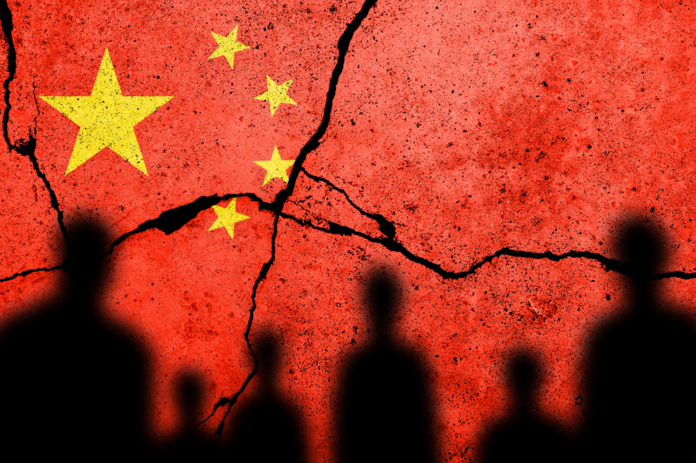In January, China recorded the most significant drop in consumer prices in more than 14 years, while producer prices also fell. This phenomenon underscores the ongoing deflationary risks that Asia’s largest economy is struggling with as it seeks to recover.
Consumer Price Indices in decline
According to data from the National Bureau of Statistics (NBS), the consumer price index (CPI) decreased by 0.8% in January from a year earlier, following a 0.3% decline in December. In January, the CPI rose by 0.3%, outpacing the 0.1% increase recorded in the previous month.
Economists, expecting a 0.5% year-over-year decline and a 0.4% month-over-month increase, noted that January’s annual CPI decline was the steepest since September 2009.
Post-COVID Challenges for China’s Economy
The world’s second-largest economy has faced difficulties regaining its economic momentum since lifting pandemic-induced restrictions in late 2022. China started the year down and suffered from a real estate crisis and declining exports. This has resulted in the slowest economic growth since 1990, even when considering the impact of the pandemic years.
Likewise, in efforts to stimulate the economy’s growth by lowering interest rates, China has been affected by the price slowdown since the beginning of 2023. The economy increased by 5.2% during 2023, achieving the target, although the recovery has been slower than market investors had estimated.
In late January, China’s central bank announced the most significant cut in bank reserves in two years, signaling full support for the economy and seeking to boost investor confidence.
Inflation for 2024 is expected to remain stable at 2.4%. The Chinese central bank aims to implement a loose monetary policy to aid the housing market’s recovery, thereby potentially maintaining inflation at this level.
For this reason, the People’s Bank of China announced it would use the supplementary credit line to support the real estate industry, a crucial pillar of the country’s economy.
Finally, the bank stated that it would stabilize the yuan (CNY) exchange rate at reasonable levels.
The stabilization of the country’s currency at reasonable levels is important since a few weeks ago the President of China had shown his intentions to further strengthen its currency at international level and for this, he had established a series of goals to be met.
There is hope for improvement
Despite the challenges in China’s economic recovery from the pandemic, some analysts are optimistic, believing the economic data may be more promising than initially thought. However, a full recovery might be contingent upon the normalization of pork prices, which have risen in the past two months. The increase in pork stocks for December 2023, the most substantial since March 2022, could impact inflation rates. Yet, with increased demand expected during the Lunar New Year holiday in February, this could lead to growth reflected in the subsequent month’s data release. Given this context and the potential positive impact in February, it’s possible that the data for that month will show a significant reduction in year-on-year inflation



